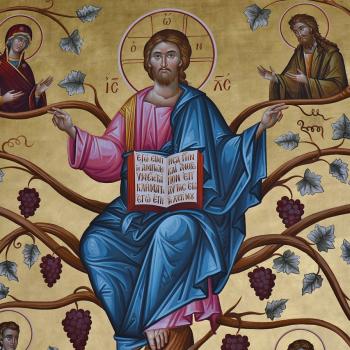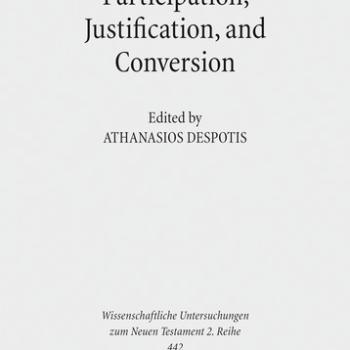“Faith on Tap” is a short series on the divine connections I see between monastic life and the art of brewing beer. This blog series is meant to be a red-carpet inauguration of the First Annual Strategic Monk Brewery Pilgrimage. Our tour is set to begin on May 1st with Eagle Rock Brewery in Los Angeles. Stay tuned!
“God has a brown voice, as soft and full as beer.”
-Anne Sexton (author, 1928-1974)
I am a lay oblate at a Benedictine monastery near Big Sur, California, the New Camoldoli Monastery and Hermitage. The more I continue to learn about Benedictine spirituality, the more I recognize that many of the passions and values that have shaped my entire life have a strong connection to Saint Benedict. For example:
Exhibit A. Wisconsin Brews a Homegrown Appreciation for Beer.
I was born and raised in Wisconsin. I grew up and attended school there, and Wisconsin’s culture and values permeated my life and shaped me. One of those core values is an appreciation, at a very deep level, for a good beer.
Exhibit B. Craft Breweries Today Would Be Nothing Without Monks.
While monks may not have originally invented beer, they certainly made a number of significant contributions to the development and improvement of the beer and ales we have today.
“Saint Benedict (b. 480, d. 547), the father of Western monasticism, is best known for establishing the Benedictine order and monasteries, and for a set of rules which defined the standards for life in a monastery. These rules, which were followed by most European monasteries, included providing for visitors or passersby who would eat or drink what the monks did. Eventually many of these monasteries sold their beers to the public, and retained the names of the saints from the abbeys.”
–Beer History dot com
And did you know that brewing instructions are included in the writings of 12th century Benedictine nun, Hildegard von Bingen? Her writings include the first references to brewers putting hops in beer.
There is something essentially Benedictine about brewing beer.
So much of the brewing process involves putting the proper ingredients together in the right way, then waiting while the brewing happens. Brewers cannot hurry anything along; brewing is essentially waiting, with openness and trust, for the process to produce beer.
You can learn things each time you brew beer–and these things will affect your future efforts in brewing–but the brewing process is primarily a matter of waiting and listening.
The same is true for Benedictine monastics, who recognize that God is always with us, always drawing us closer. I cannot hurry anything along; my most effective action is letting go of the things that get in the way. As I become open to each present moment, God draws me closer in that moment.
Sometimes it is bitter, sometimes it is very dark, sometimes I am too much in my own head; the best times are full-bodied, delicious, and mildly intoxicating.
[Image by Moyan Brenn ]


















